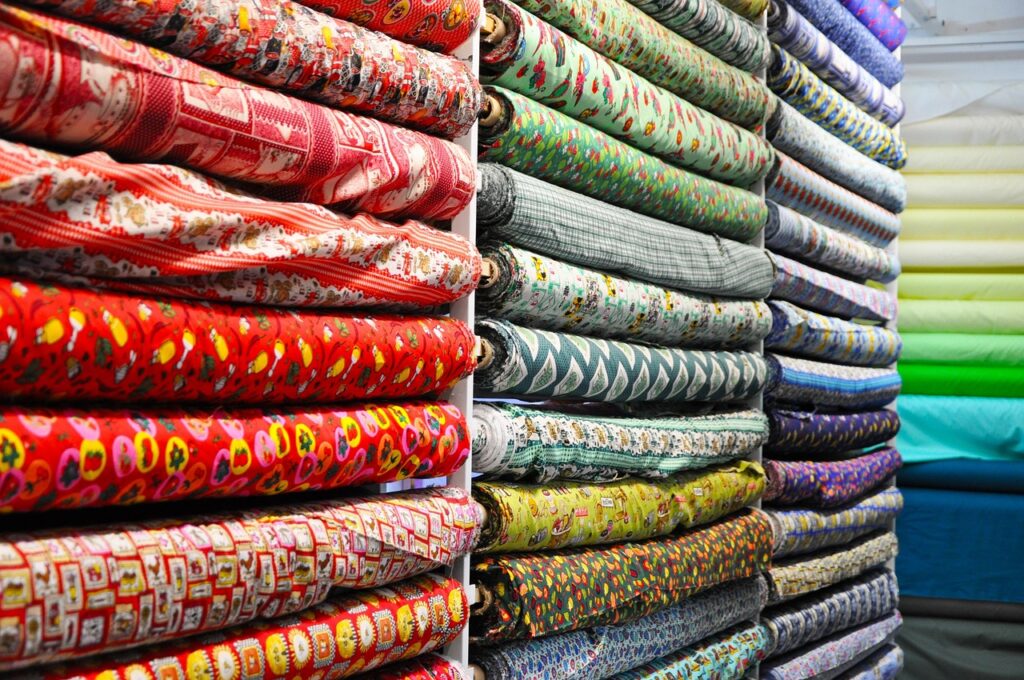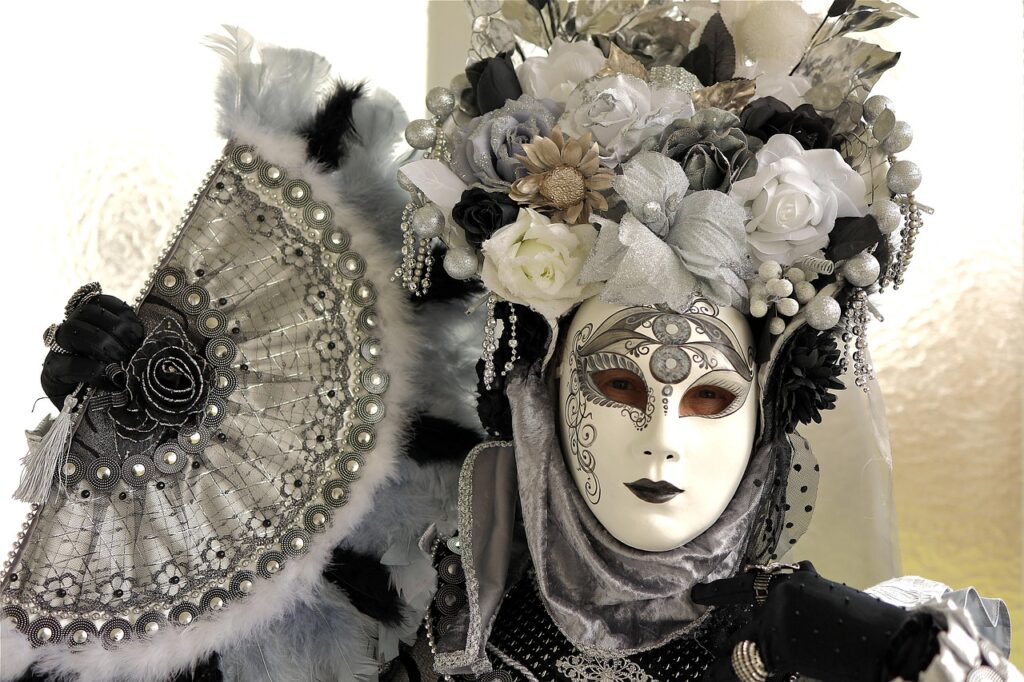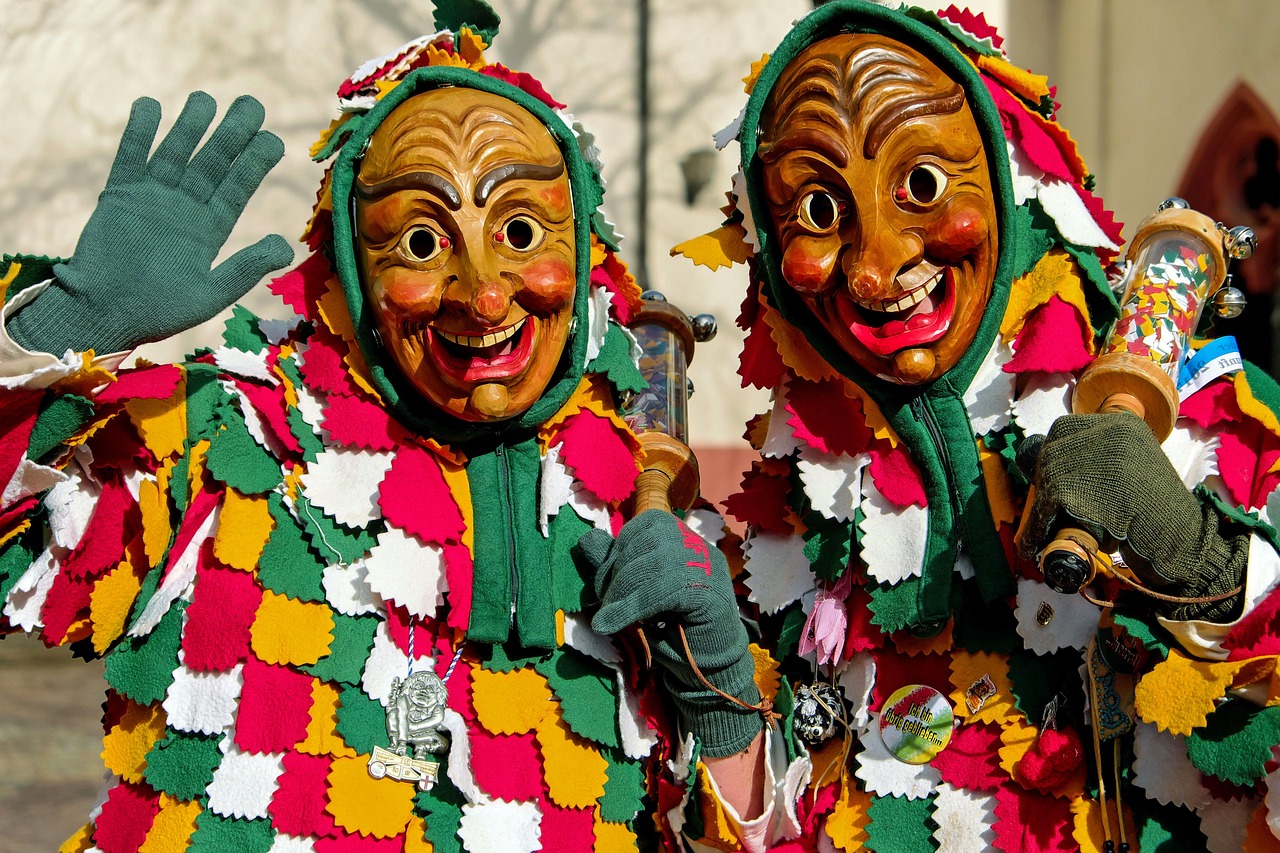Creating compelling theatrical costumes in the UK requires knowledge of where to source quality materials and understanding which fabrics work best for different performance needs. Whether you’re producing a small-scale independent show or a major theatrical production, the right materials and suppliers can make the difference between costumes that enhance your performance and those that distract from it.
Essential Materials for Theatre Costumes
Base Fabrics: Foundation of Great Costumes

Cotton canvas remains the workhorse of costume construction, offering durability and versatility for period pieces and contemporary shows alike. Calico provides an excellent base for draping and pattern-making, while cotton twill offers structure for tailored garments without excessive weight.
For flowing garments and historical recreations, lightweight cotton voile and cotton lawn create beautiful drape at affordable prices. These breathable fabrics work well under stage lights and allow performers comfortable movement throughout long productions.
Polyester blends offer practical advantages for touring productions. They resist wrinkles, require minimal care, and maintain color vibrancy through multiple performances. Poly-cotton blends combine cotton’s breathability with polyester’s durability, making them ideal for costumes requiring frequent washing.
Specialty Performance Fabrics
Stretch fabrics are essential for dance and physical theatre. Lycra blends provide four-way stretch while maintaining shape recovery. For subtle stretch in tailored garments, ponte knits offer professional appearance with comfortable movement.
Flame-retardant fabrics are often required by UK venue regulations. Inherently flame-resistant materials like wool and specially treated cotton meet safety standards without compromising costume aesthetics. Always verify venue requirements before finalizing fabric choices.
Decorative Materials and Trims

Metallic threads and ribbons add period authenticity to historical productions. Real metallic threads create authentic luster but require careful handling, while synthetic alternatives offer durability for active performances.
Lace, both vintage and reproduction, elevates costume authenticity. Machine-made laces provide cost-effective options for large casts, while hand-made laces serve as focal points for principal characters.
Buttons, buckles, and period-appropriate hardware complete costume authenticity. Reproduction pieces offer historically accurate appearance at reasonable costs, while authentic vintage pieces provide unmatched detail for close-up work.
Top UK Suppliers and Shopping Locations
London’s Fabric District
Berwick Street remains London’s premier destination for theatrical fabrics. Broadwick Silks offers exceptional selection of luxury fabrics, while The Cloth Shop provides extensive cotton and linen collections. MacCulloch & Wallis combines fabric retail with comprehensive haberdashery, making it a one-stop destination for costume makers.
Walthamstow Market, operating Tuesdays, Thursdays, and Saturdays, offers competitive prices on basic fabrics. While quality varies, it’s excellent for large quantity purchases and practice materials.
Specialist Theatrical Suppliers
Angels Costumes, with locations in London and nationwide delivery, provides everything from basic construction materials to finished period costumes. Their fabric department stocks theatre-specific materials including flame-retardant options and specialty weaves.
Costume Studio in Covent Garden focuses specifically on performance needs, offering expert advice alongside quality materials. Their staff understands theatrical requirements and can recommend appropriate fabrics for specific production needs.
Regional Suppliers Across the UK
Manchester’s Northern Quarter houses several independent fabric shops offering competitive alternatives to London prices. Stylish Fabric Store provides contemporary materials, while traditional drapers offer classic options.
Birmingham’s Jewellery Quarter contains hidden gems for costume materials. Small independent suppliers often stock unique trims and buttons unavailable elsewhere.
Edinburgh’s Grassmarket area features several fabric shops catering to both fashion and theatrical needs. The proximity to the Festival Fringe creates suppliers familiar with performance requirements.
Online Resources and National Chains
Fabric UK offers extensive online selection with detailed fabric descriptions and swatches by post. Their theatrical section includes flame-retardant options and bulk pricing for large productions.
John Lewis and Hobbycraft provide convenient high-street access to basic materials, though selection may be limited for specialized theatrical needs. Their advantage lies in consistent quality and easy returns.
Budget-Friendly Options and Money-Saving Strategies
Thrift Shopping and Upcycling
Charity shops across the UK provide excellent source materials for costume construction. Period-appropriate garments can be altered and adapted, often creating more authentic results than new construction.
Car boot sales offer fabric remnants, vintage trims, and period accessories at fraction of retail costs. Early morning shopping yields best selection, particularly for unique pieces.
Educational Discounts and Bulk Purchasing
Many suppliers offer educational discounts for registered theatre groups and drama schools. Always inquire about available discounts when making large purchases.
Fabric remnants and end-of-roll pieces provide quality materials at reduced prices. Building relationships with local fabric shops often leads to advance notice of clearance sales.
Community Resources
Local amateur dramatic societies often share resources and may have fabric stashes available for borrowing or purchase. Theatre communities frequently organize fabric swaps and skill-sharing sessions.
Libraries increasingly offer maker spaces with industrial sewing machines and sergers, reducing equipment costs for independent costume makers.
Practical Considerations for UK Productions
Venue Requirements
UK theatres maintain strict fire safety regulations requiring flame-retardant materials. Obtain venue-specific requirements early in the design process to avoid costly material changes.
Insurance considerations may dictate material choices, particularly for touring productions. Document all flame-retardant treatments and maintain certificates for insurance purposes.
Climate Considerations
UK’s variable climate requires versatile costume solutions. Layering options allow adaptation to different venue temperatures, while moisture-wicking fabrics help performers cope with warm stage lighting.
Storage considerations are crucial in UK’s humid climate. Proper garment storage prevents mold and mildew damage, particularly important for touring productions moving between venues.
Transportation and Touring
Lightweight, wrinkle-resistant fabrics simplify touring logistics. Consider fabric weight when designing costumes for productions moving between venues.
Quick-change requirements may dictate construction methods and material choices. Velcro, magnetic closures, and stretch panels facilitate rapid costume changes.
Sustainable Practices
Environmental consciousness increasingly influences UK costume production. Sourcing local materials reduces transportation impact, while choosing natural fibers supports biodegradability.
Fabric recycling programs allow responsible disposal of production materials. Many educational institutions accept fabric donations for student projects.
Conclusion

Successful costume creation in the UK combines knowledge of quality suppliers with understanding of performance-specific material requirements. Whether shopping in London’s traditional fabric district or exploring regional alternatives, building relationships with knowledgeable suppliers enhances both material quality and production value.
The UK’s rich theatrical heritage has created a robust support network for costume makers. From specialist suppliers understanding flame-retardant requirements to community resources supporting emerging artists, the infrastructure exists to support productions of any scale.
Remember that costume materials represent an investment in production quality. While budget considerations matter, choosing appropriate materials ultimately enhances performer comfort and audience experience, making the investment worthwhile for memorable theatrical presentations.

Comments are closed